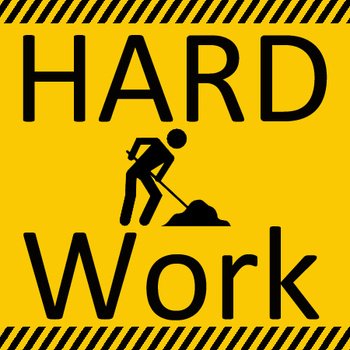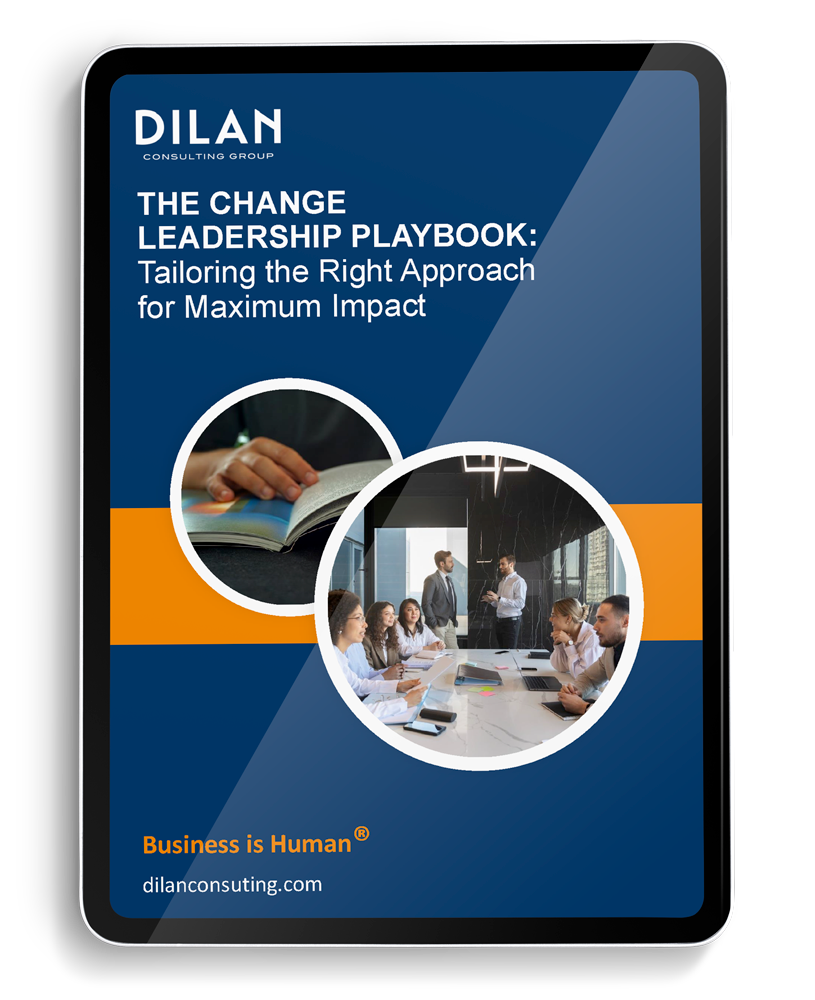“No one cares how hard you work.” “When I can spend what you save me, let me know.” “How can you prove, except by your own opinion, that you add any real value?”
Pretty harsh words – evaluations actually – and all uttered by a former business leader as we discussed the HR function. Mind you, he thought I did a good job (okay, a great job), and yet had enough respect for me to challenge me with these vexing utterances. Why would such seemingly hurtful comments and/or questions be classified as respectful? Because these comments gave a very real glimpse into how the other professions might view ours. And our own actions, or inaction, might be painting that portrait.
The fact is, our peers expect that our work will be on time and good, just as we do of them. We expect accounting to account, sales to sell, IT to ensure our machines work, etc., etc. HR has long, and I believe accurately, held that our work converts strategy into results. That the true measure of our success as a function is directly tied, if not largely responsible for, the success of the entity. And yet, when we talk about our own metrics, if we even have them, we speak in terms of internal efficiency, and units of something – job recs, benefits forms, hours folks have been trained, policies promulgated – as if the amount of anything was a measure of whether or not it was any good. More of something bad isn’t a good thing. How often do we ask ourselves the harder question – what is the efficacy of these efforts to the organization as whole, to the business leaders we guide and/or support, to the employees, and to the final customer? Do we audit ourselves?
Also true is that great HR is as much art as it is science. And the nuances in between those two are difficult to measure. The same can be said of many professions. Take medicine or law. There are things that can be seen. People that are saved or cases won. Many of the greatest victories of all, thought, are in a difficult to codify realm of prevention. Sound familiar? And yet, these professions develop standards of practice, protocols, invite review. They police themselves, in large part. In short, they demonstrate a level of courage to look at their results. At least the good practitioners do. And we want to be great practitioners of a meaningful profession.
- Are we looking?
It is said that he who knows others is learned and that he who knows himself is wise. Until we have the wisdom to look at ourselves and evaluate our own profession, we will continue to have difficulty in convincing our peer professions of our value. It requires discipline and, in no small amount, courage. This is a concept beyond simple metrics – it is beyond efficiency and accuracy, which our peers consider a price of admission just as we do of them, it is about results. About effectiveness. About value. About impact.
In order to change the perspective of others, we must first change ours. Here are two things we can do:
- Begin with the end in mind…
- Evaluate processes, policy and metrics from the perspective of not just our internal clients, but also the end clients the organization serves.
- An example: HR departments will often have complicated metrics regarding processing of job requisitions. Similar to an accounting aging report, we look at speed to fill, etc. Important? Yes. And perhaps too simplistic and internally focused. Consider matrixed metrics that those outside the recruiting function can support, such as speed to full productivity. This latter example invites collaboration as it approaches the process from the end, with what the organization and operational units desire – fully productive team members. Such a metric involves recruiting, training, line management mentoring and onboarding, etc. And is understandable and defensible to the non-HR wonk. Sure each of the sub elements require their own sets of analyses and metrics. Fully productive team members are a “product” HR can produce that the client understands, supports and appreciates.
- Watch your language…
Great human resources practitioners, and leaders of any kind really, accomplish things through influence rather than direct control and power. And influence, at least of the positive kind, is based on trust. HR practitioners can unwittingly undermine trust by the very words they choose to use. Small changes can make a very big difference in establishing ourselves as integral and indispensable members of the team. Three things to police ourselves for:
- Telling people what they can’t do…
Our peers are hired to “do” something. HR’s legitimate compliance and manager roles often result in evaluating the plans of others and the need for feedback regarding potential issues. Many times, we will say “you can’t do that.” And perhaps we can’t. However, if we continually tell people who are charged with “doing” things that they “can’t do them,” the likely result is that we will simply be left out of the conversation. Far better results will be achieved by sharing what we can do rather than what we can’t. Make the suggestion in the positive terms of what can be done, therefore inviting discussion rather than appearing to shut down the conversation and being labeled as obstructionist.
- No one likes to be “should” on…
A similarly detrimental set of dynamics occurs when we tell folks, usually after the fact, what they should have done. No one likes to be should on. There is no way saying to a peer “you should have done…” that does not appear judgmental. And, if this is advice after whatever action has already occurred, it is relatively useless. Instead, build rapport and trust by striking “should” from your vernacular, substituting language such as “what would have happened if,” “if this were to happen again in light of what we know now, how could we get a different result,” etc. This simple change of phrase positions HR as a coach and problem-solver rather than a judge.
- Freeing ourselves from the infamous “they”…
A friend shared the other day that we should all be careful what we say, because we are listening. And so are our peers. Having spent more than two decades in HR and the associations that support the profession, the self-defeating, blaming language of the ubiquitous “they” holds us back. Statements such as “When are they going to include me?” “Why don’t they respect me?” “They just don’t understand.” Such an external locus of control and focus renders us incapable of changing anything. And it rightly sounds like we are whining. What instead? Insert yourself into the issue in the form of an actionable solution. “What can I do to gain acceptance,” ” What do my peers respect and how can I demonstrate that.” Sound simple? Absolutely not. It means that we are in control of our success. So much easier to live with unhappy inertia than to stand up and walk.
HR’s journey toward the respect it feels it deserves begins here. HR, heal thyself.




